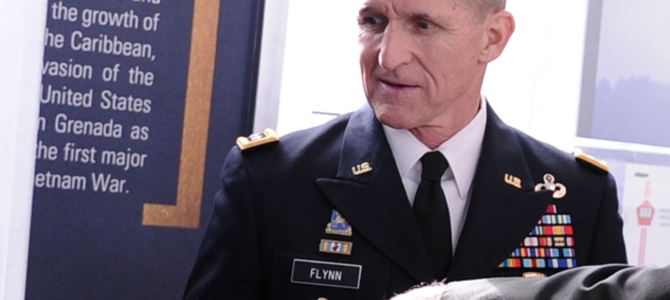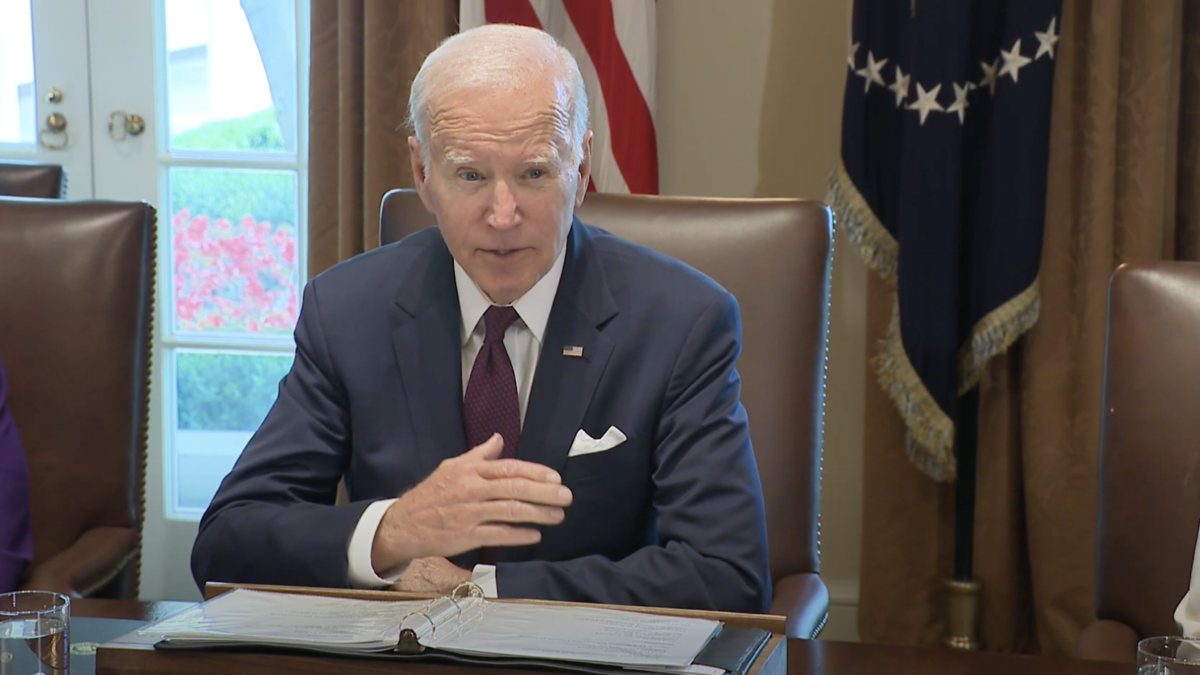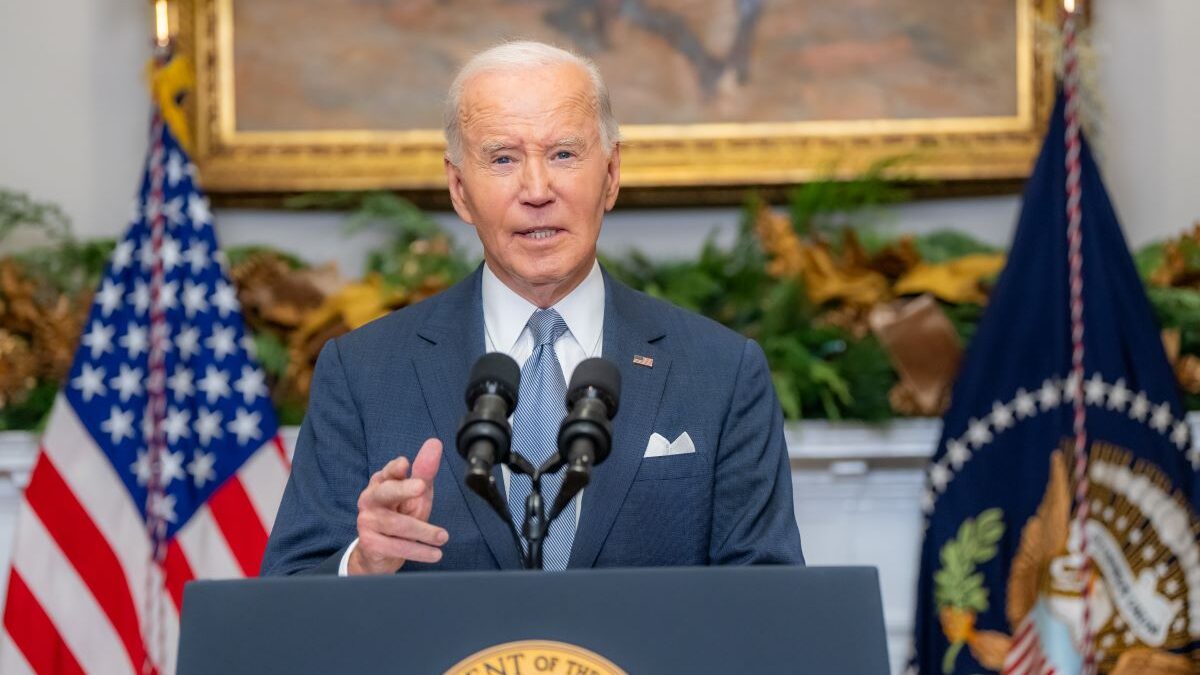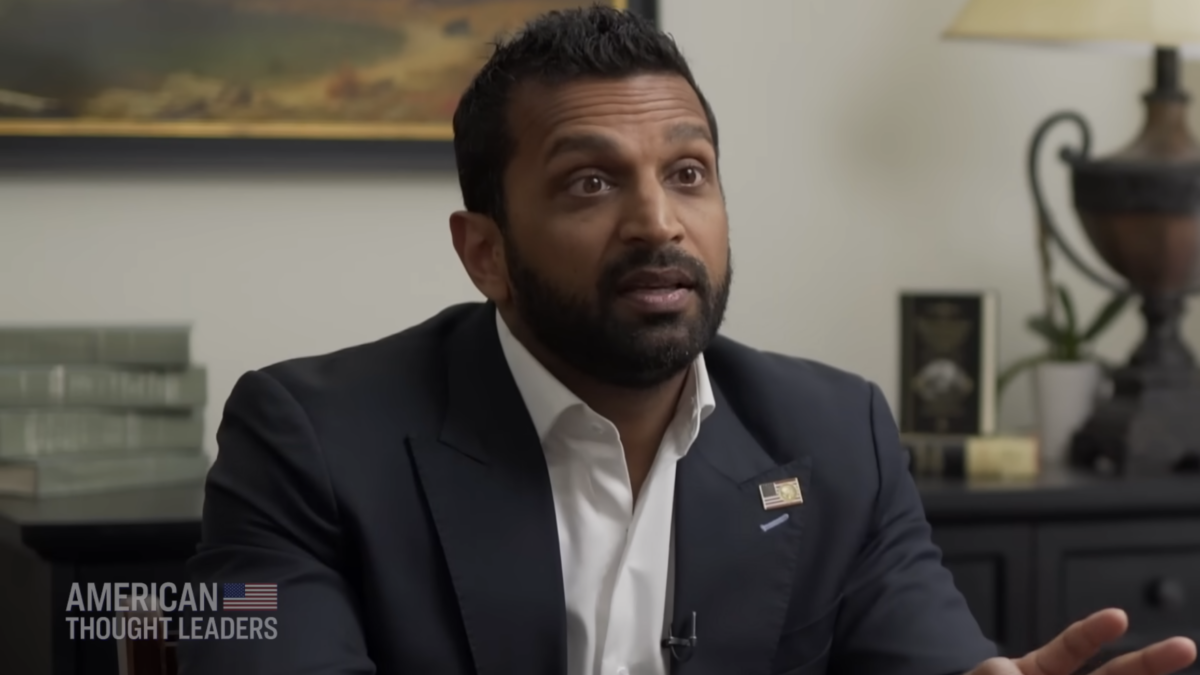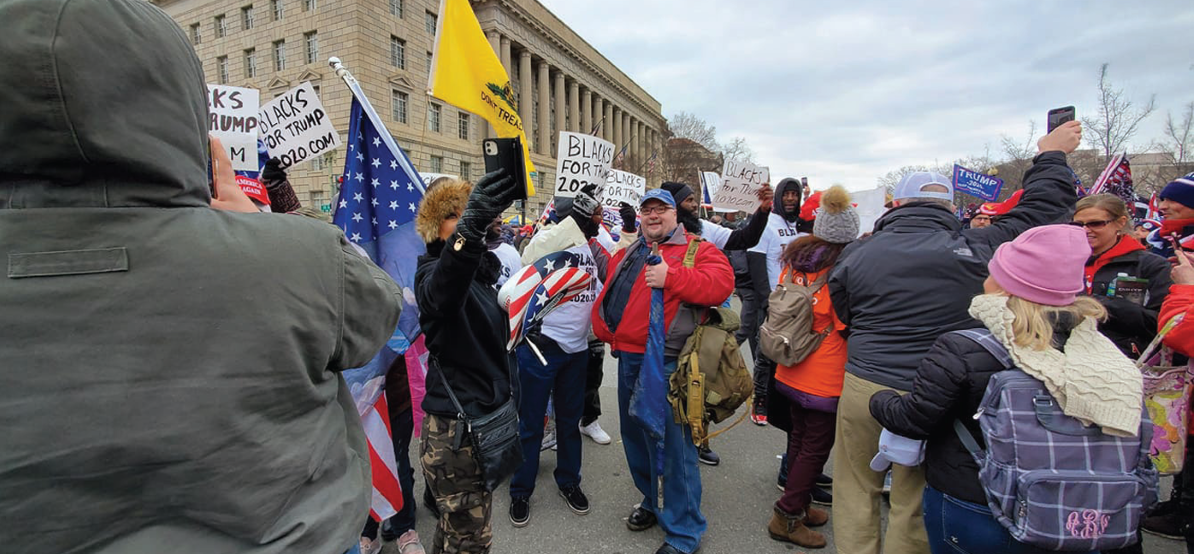Retired Lt. Gen. Michael Flynn moved to withdraw his guilty plea in federal court last Tuesday, a stunning development only two weeks before he was due to be sentenced on Jan. 28, 2020. The judge has since reset the sentencing for the end of February.
This move comes after the government filed a new sentencing memo in which it withdrew its prior recommendation that Flynn receive probation and accused him of reneging on his agreement to cooperate in the prosecution of his former business partner. In response, Flynn’s attorneys argued the government had thereby breached its obligations to Flynn under his plea agreement. They asserted Flynn had been truthful and accused the prosecutors of wanting Flynn to lie.
This dispute between the prosecution and the defendant is genuine and passionate and reflects their completely divergent views of the relevant facts. The dispute centers around whether Flynn knowingly made false statements in filings under the Foreign Agents Registration Act (FARA) about whether he and his partner, Bijan Rafiekian, had acted as agents for Turkey in performing certain work. Flynn did not plead guilty to that offense, but it was included as “relevant conduct” in the Statement of Offense that was part of his plea agreement, meaning the court can consider it in imposing Flynn’s sentence.
The backdrop to this dispute is that Covington and Burling, a prominent law firm, had represented Flynn in preparing and submitting the FARA filings that allegedly contained the false statements. Covington then also represented Flynn in the negotiation of his guilty plea. As I previously wrote, this created a conflict of interest for Covington that should have precluded it from representing Flynn in his plea.
The Government’s View of What Happened
In Flynn’s case, the Statement of Offense — to which Flynn agreed as part of his guilty plea — says he “made materially false statements and omissions” in his FARA filings, but it does not explicitly state that he knew at the time that these statements were false. In order to constitute a criminal false statement, the defendant must know the statement is false when he makes it. Flynn says he didn’t know certain statements in the FARA filing were false at the time the filings were submitted.
In our justice system, a person cannot plead guilty to something that isn’t a crime, or to a crime that person didn’t commit. A judge cannot accept such a plea. Thus, a judge questions a defendant at the plea proceeding, called the plea colloquy, to make certain that: 1) an offense occurred, and 2) the defendant is in fact guilty of the alleged offense.
However, judges usually do not closely question a defendant about “related conduct” offenses to which the defendant is not actually pleading guilty. Flynn was not questioned about the details of the FARA filings when he entered his plea. Instead, the focus was on the false statements he admitted making to FBI agents regarding a phone call he had with the Russian ambassador while Donald Trump was the president-elect.
This issue came to a head long after Flynn entered his plea, when criminal charges against his former partner, Rafiekian, went to trial. Meanwhile, Flynn had discharged Covington as his counsel and had engaged new counsel. The government listed Flynn as a witness in the Rafiekian trial and expected him to testify that he knew they were really working for Turkey at the time the FARA filings were submitted — and thus knew the filings were false. Flynn refused to say this, instead insisting he only later learned that Turkey was their real client.
The government lawyers were outraged by what they view as Flynn’s about-face. In their eyes, he admitted during this plea — in the Statement of Offense — that he “made materially false statements and omissions” in his FARA filings. The prosecutors understood this language to mean Flynn knew the statements were false when he made them.
Otherwise, there would not be criminal conduct, and it could not be included in the Statement of Offense nor the plea in the first place. Based on my 24 years of experience practicing criminal defense in the D.C. federal court, I believe experienced criminal law practitioners and the judges in our district would virtually all share this understanding of the language in Flynn’s Statement of Offense.
The Defense View of What Happened
Flynn’s new defense team contends that Flynn has never changed his story about what he knew and when he knew it. Flynn agreed to the Statement of Offense as part of his plea because he had, in hindsight, “made materially false statements and omissions” in his FARA filings. But Flynn says he did not know the statements were false when he made them and never meant to say he did.
To support this version of events, Flynn’s new counsel provided a “redline” draft version of the Statement of Offense showing that the language in the original version stating the FARA filings were false “as [Flynn] then and there knew” was edited out of the document. The defense says this shows Flynn would not, and did not, agree that he knew the FARA filings contained false statements when they were submitted.
Furthermore, the day after Flynn entered his guilty plea, the government had him testify in the grand jury about the work he and Rafiekian had allegedly performed for Turkey. During that testimony, the government did not pin Flynn down about when he found out Turkey was really directing the work.
Flynn’s new defense team characterizes the government’s efforts to have Flynn testify he knew the FARA statements were false at the time they were made as forcing him to “lie.” They say this logically follows from the fact that Flynn has maintained throughout the case that he only came to the realization the statements were false in hindsight, and having explained that to the prosecutors, they should accept it. So asking him to testify differently can only be an abusive effort to coerce false testimony from Flynn.
From the prosecutor’s perspective, this allegation is an unbelievable outrage. Prosecutors don’t think they are in the business of encouraging witnesses to lie. They think they encourage witnesses to tell the truth, although sometimes they must confront recalcitrant witnesses to get them to do so.
What View of These Events Will the Court Take?
It’s plausible that Flynn, as a lay person, would have construed the final, edited version of the Statement of Offense to bypass the issue of whether he knew at the time that the FARA filings were false. It is not plausible, however, that his then-counsel, Covington, would have done so.
As noted, experienced criminal law practitioners would have understood that the assertion that Flynn “made materially false statements and omissions” in his FARA filings meant Flynn knew the statements were false when he made them. The routine assumption of prosecutors in this kind of situation would be that Covington had advised Flynn that’s what the language meant. Given that Covington had a conflict with respect to the FARA issue, it is conceivable, however, that it did not do so.
Judge Emmet Sullivan likely will want to know if Flynn was correctly advised regarding the final language in the Statement of Offense. If Sullivan believes Flynn was poorly or incorrectly advised about the legal effect of that language and therefore of his plea, he may permit Flynn to withdraw his guilty plea on the grounds that Flynn did not receive adequate legal advice from his conflicted counsel and therefore did not knowingly enter into that part of his plea. Even though Flynn has already said in open court that he did voluntarily enter into the plea and understood what he was doing, if later facts show he didn’t actually understand the situation, the judge can discount Flynn’s earlier statements in court as being misinformed.
Thus, if Flynn told Covington he could not honestly say he knew the statements in the FARA filings were false at the time they were submitted, he simply wasn’t guilty of that offense and could not legally say he was. Nor could Covington ethically permit him to do so. Nor could (or would) Sullivan have permitted Flynn to admit culpability in that circumstance — had that issue been brought to his attention, which it wasn’t.
While the question remains as to whether Flynn received correct and ethically sound advice from Covington, there are some other possibilities. It is conceivable the Covington attorneys simply didn’t drill down on exactly when Flynn knew the FARA statements were false. This is probably unlikely, and Flynn’s current counsel claim in their pleadings that Flynn was clear about “what he knew when” in sessions with the prosecutors attended by Covington.
Another possibility is that Covington did correctly advise Flynn about the import of the revised Statement of Offense, and that Flynn nonetheless decided to “hold his nose” and agree to it as part of the plea deal because the prosecutors had allegedly otherwise threatened to indict both him and his son for other reasons. If that’s what happened, Flynn misled the government and would also have no basis now to withdraw his plea. If that were the case, however, there would seem to be no reason for Flynn to change strategies and put in jeopardy the things he gained from accepting the plea by blowing up the plea.
At this point, Judge Sullivan will have to sort out what actually happened to decide whether Flynn should be permitted to withdraw his plea or whether the case should proceed to sentencing. To properly resolve that dilemma, one of the central issues in this unfolding drama will need to be the actions of the Covington attorneys in advising Flynn during the negotiation of the Statement of Offense and the inclusion of the FARA statement as “relevant conduct” in his plea.
